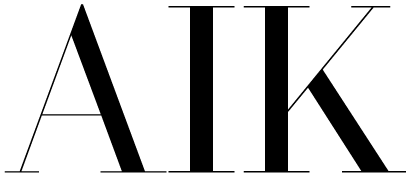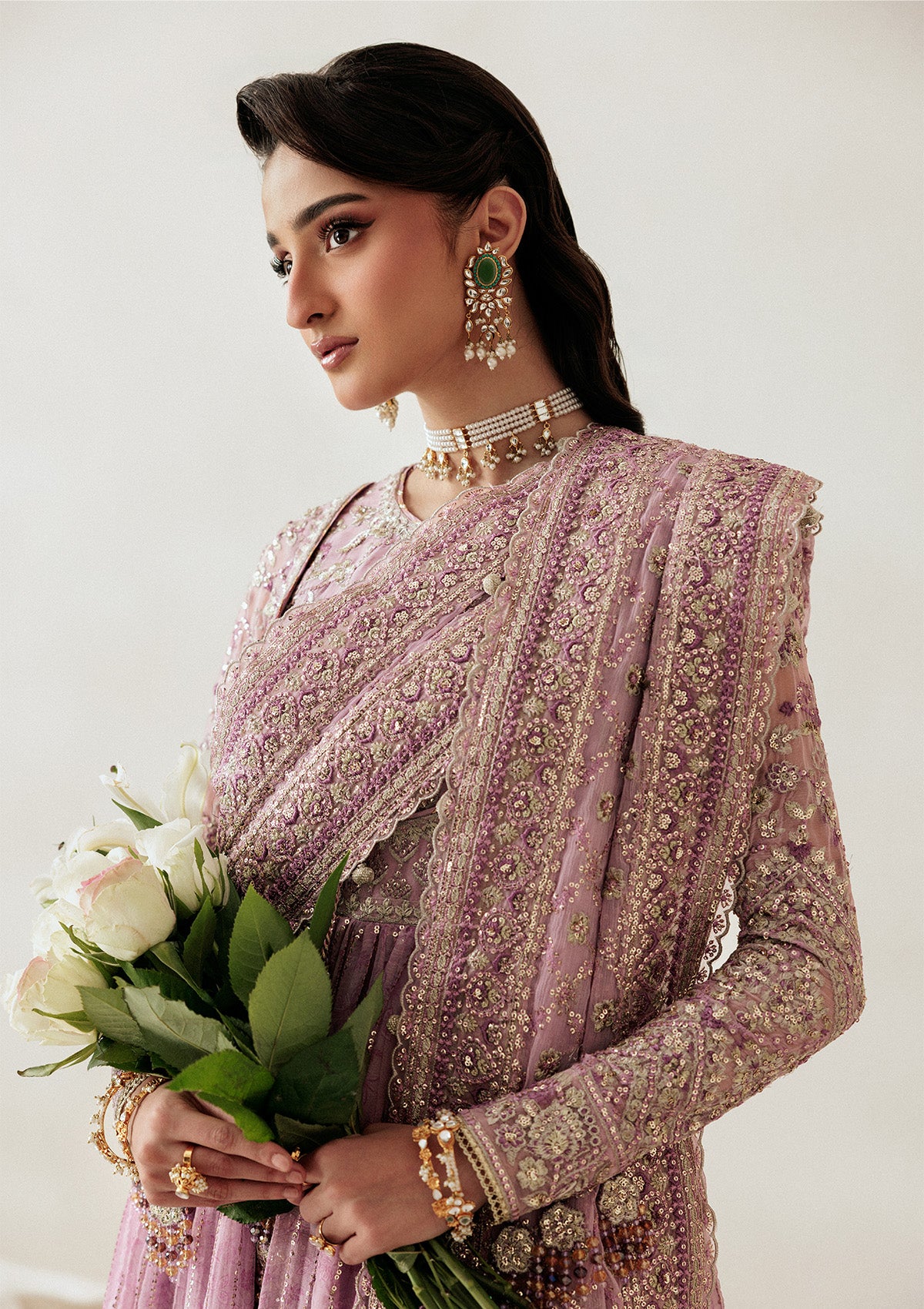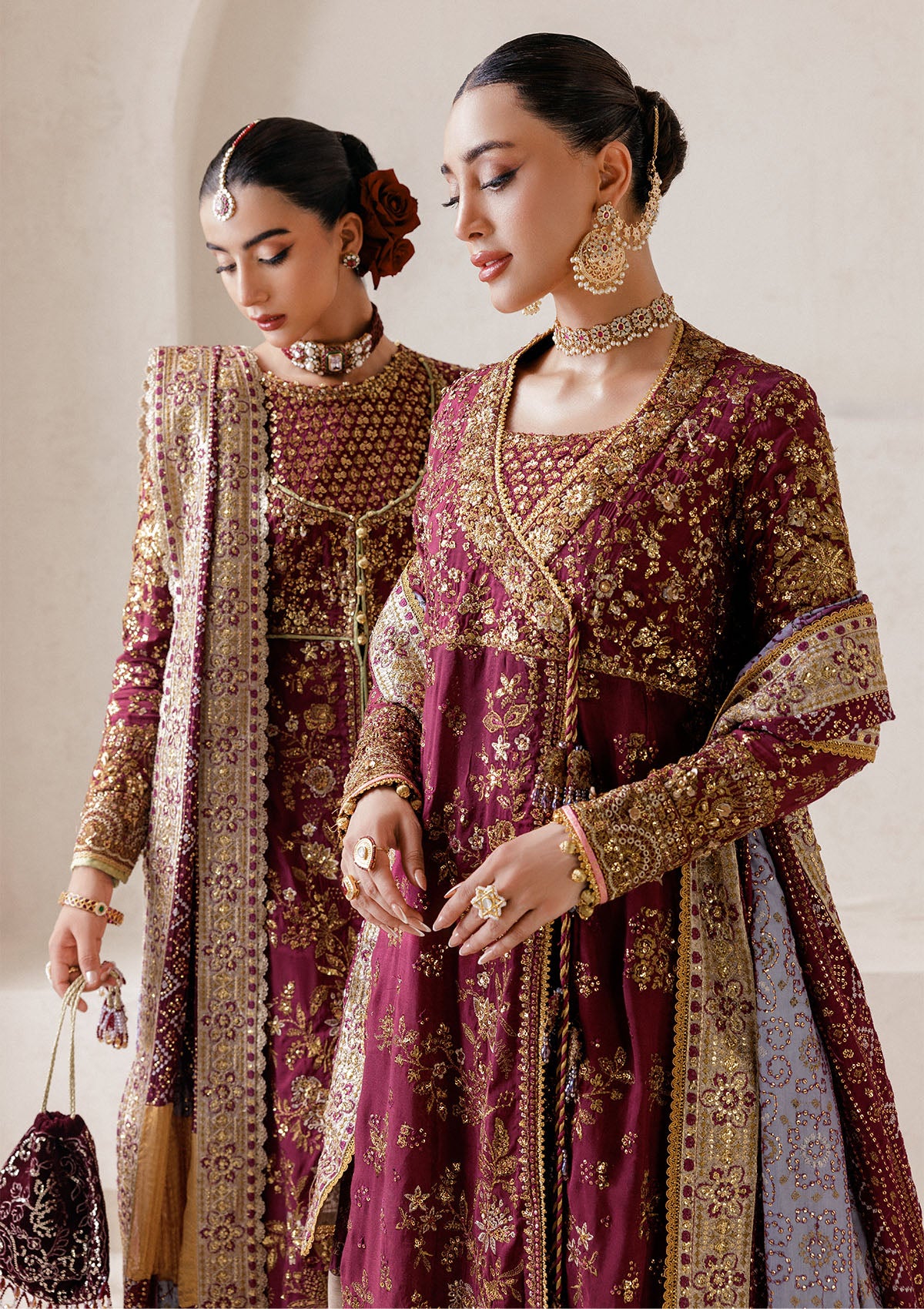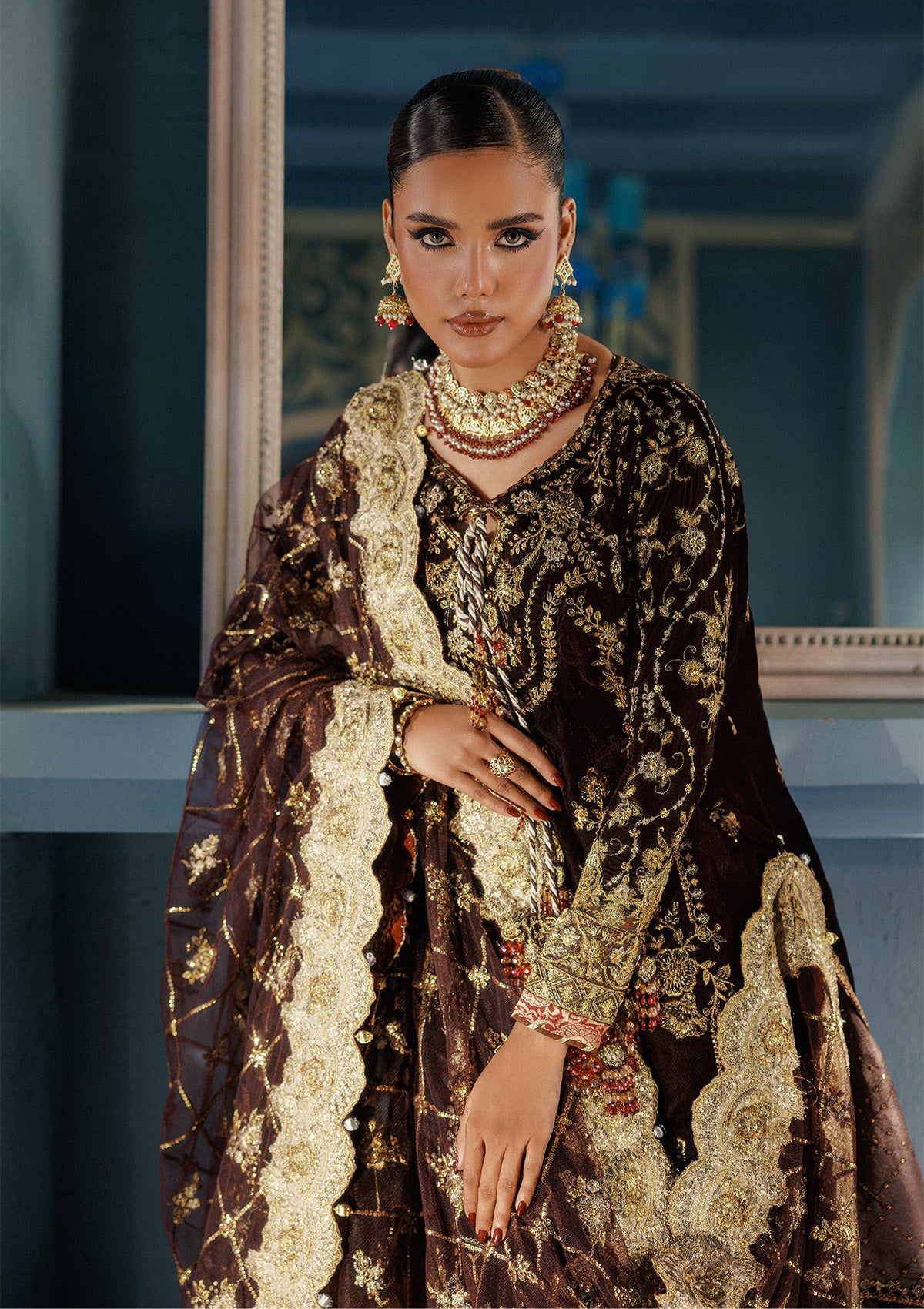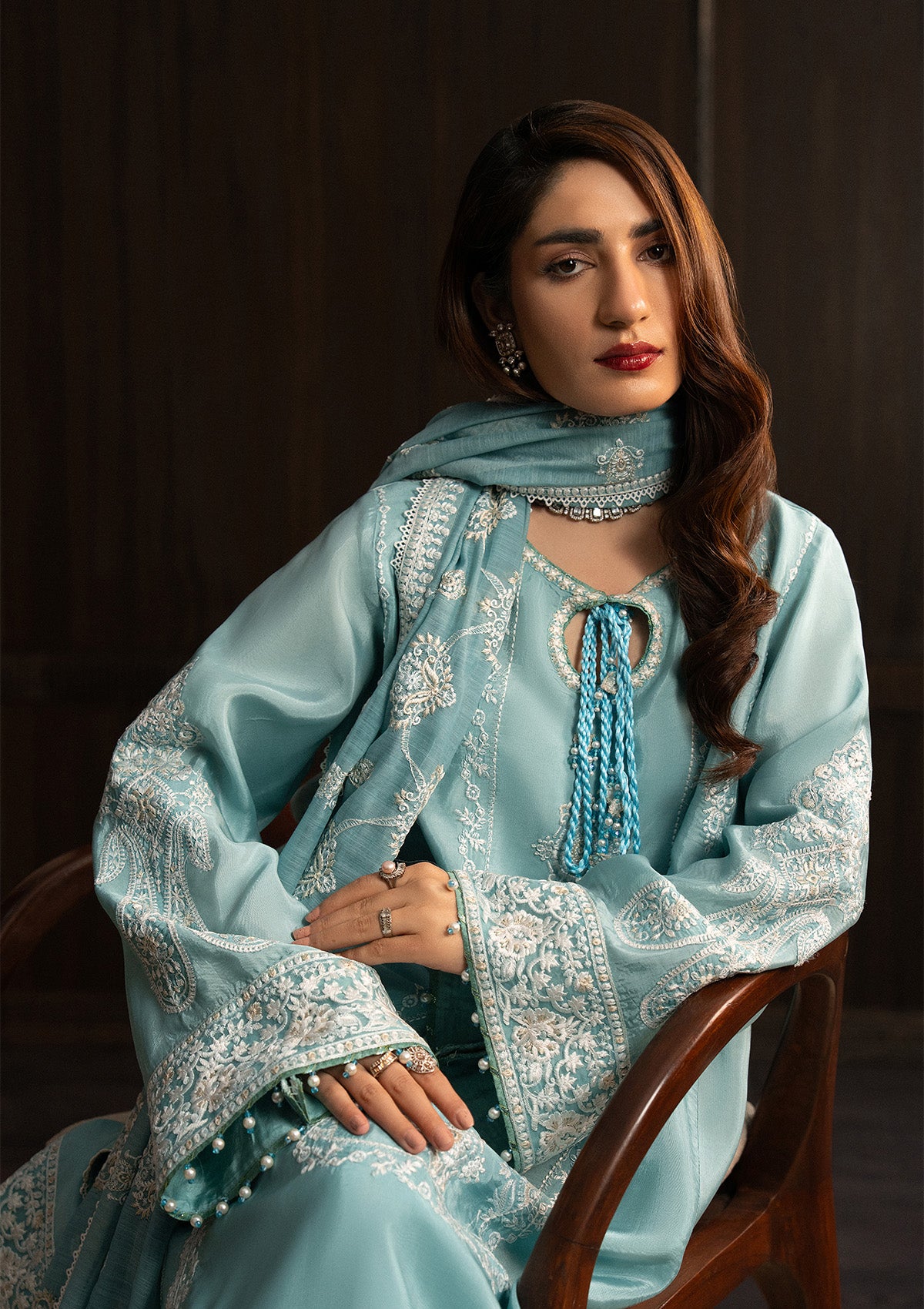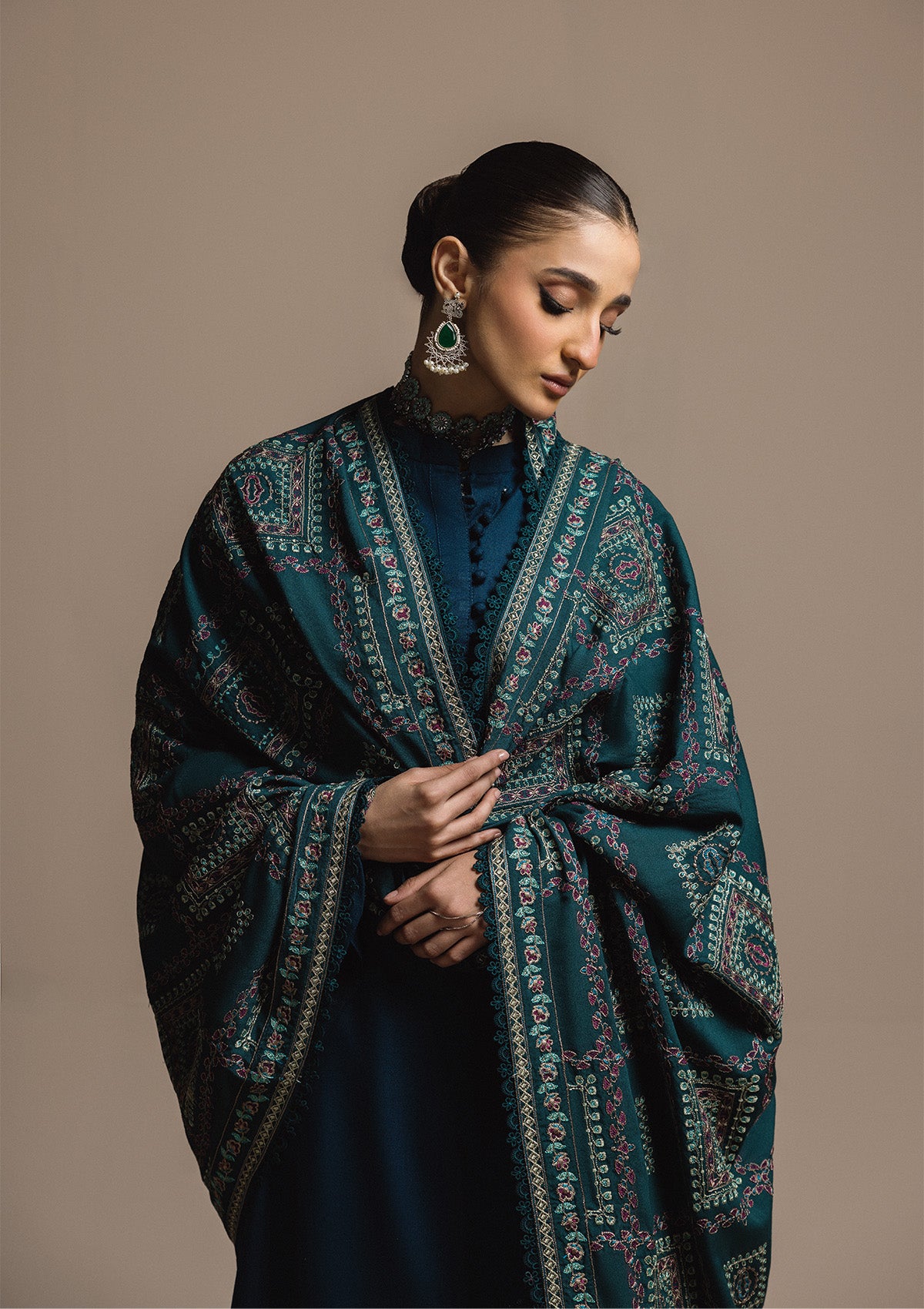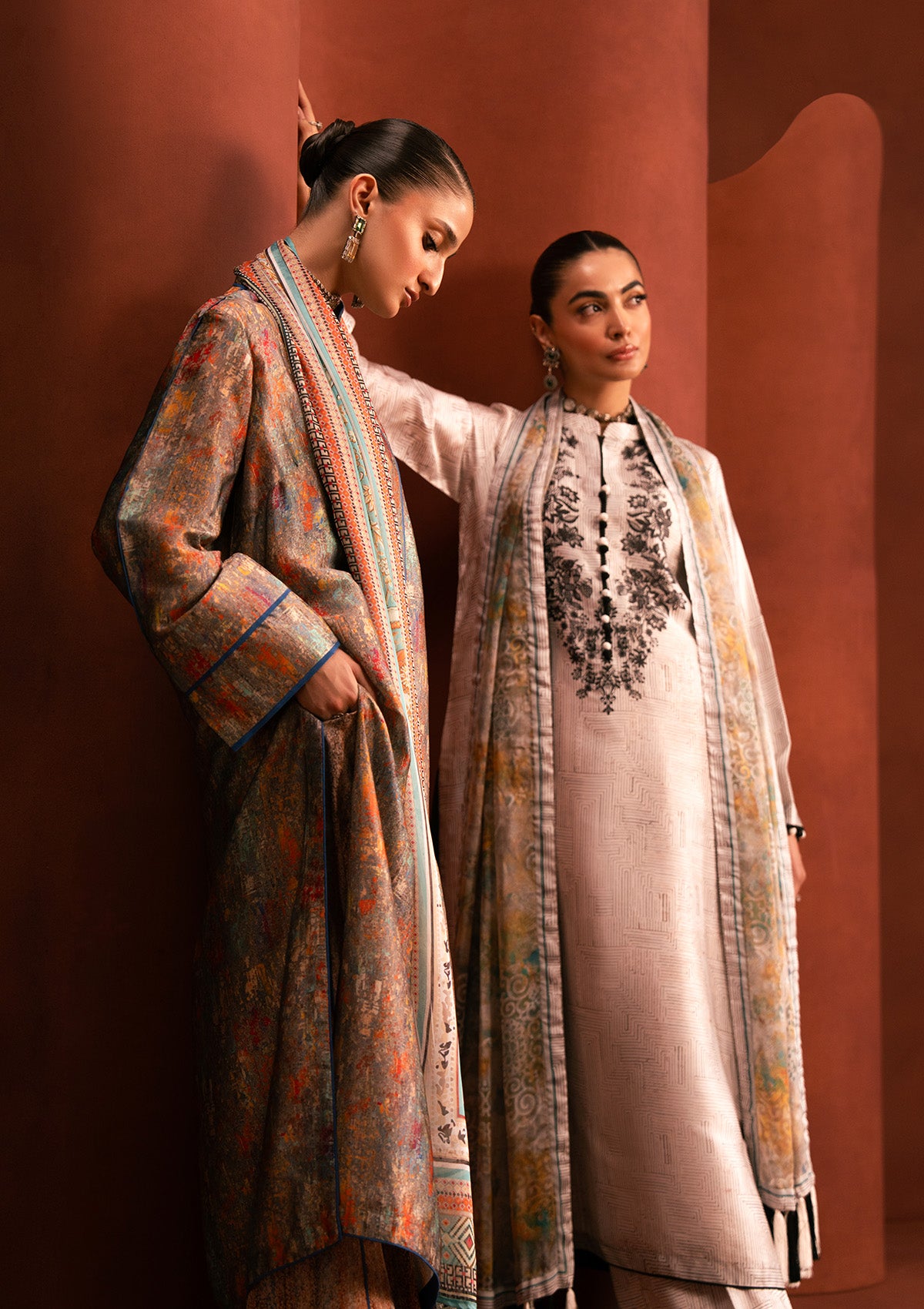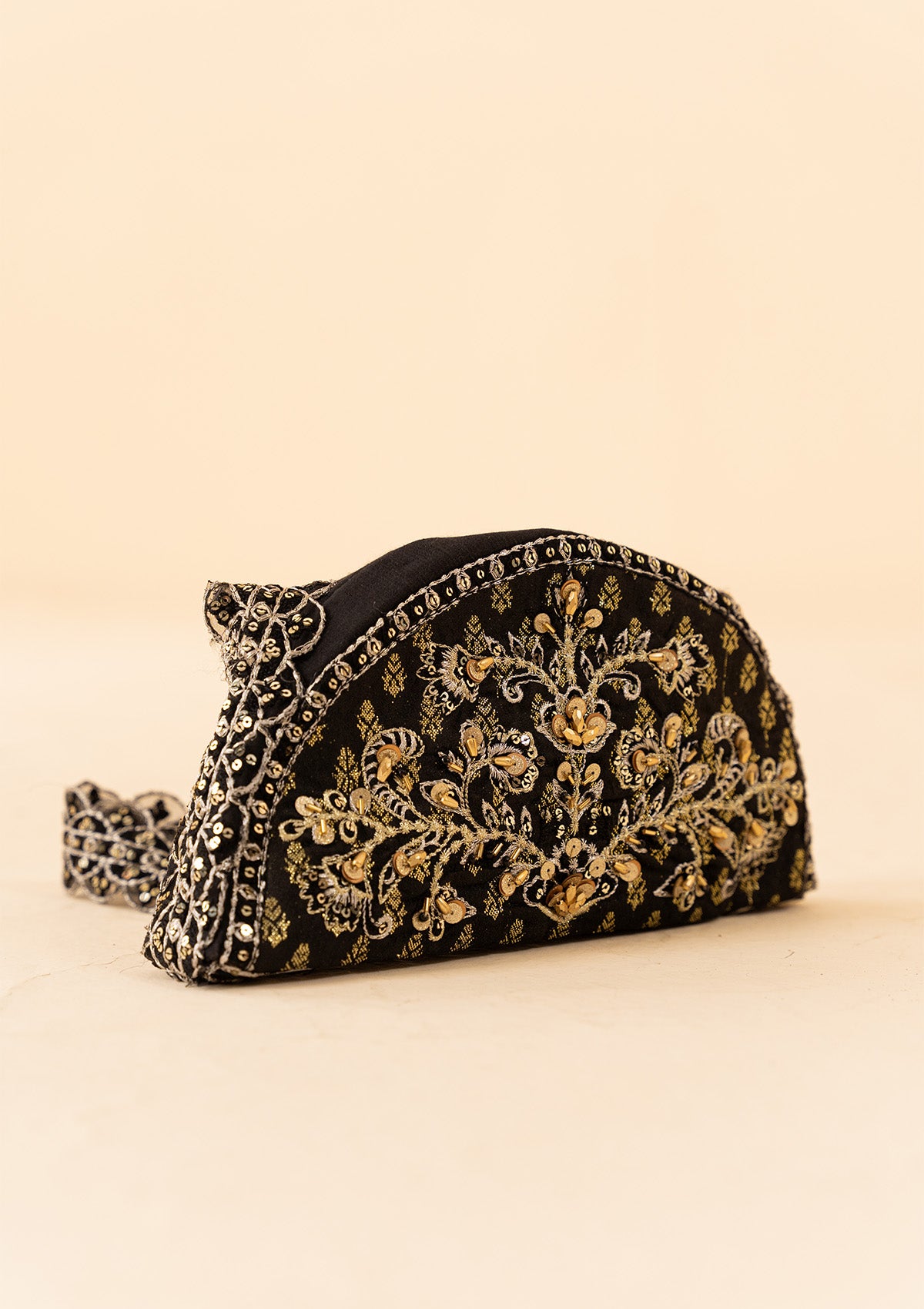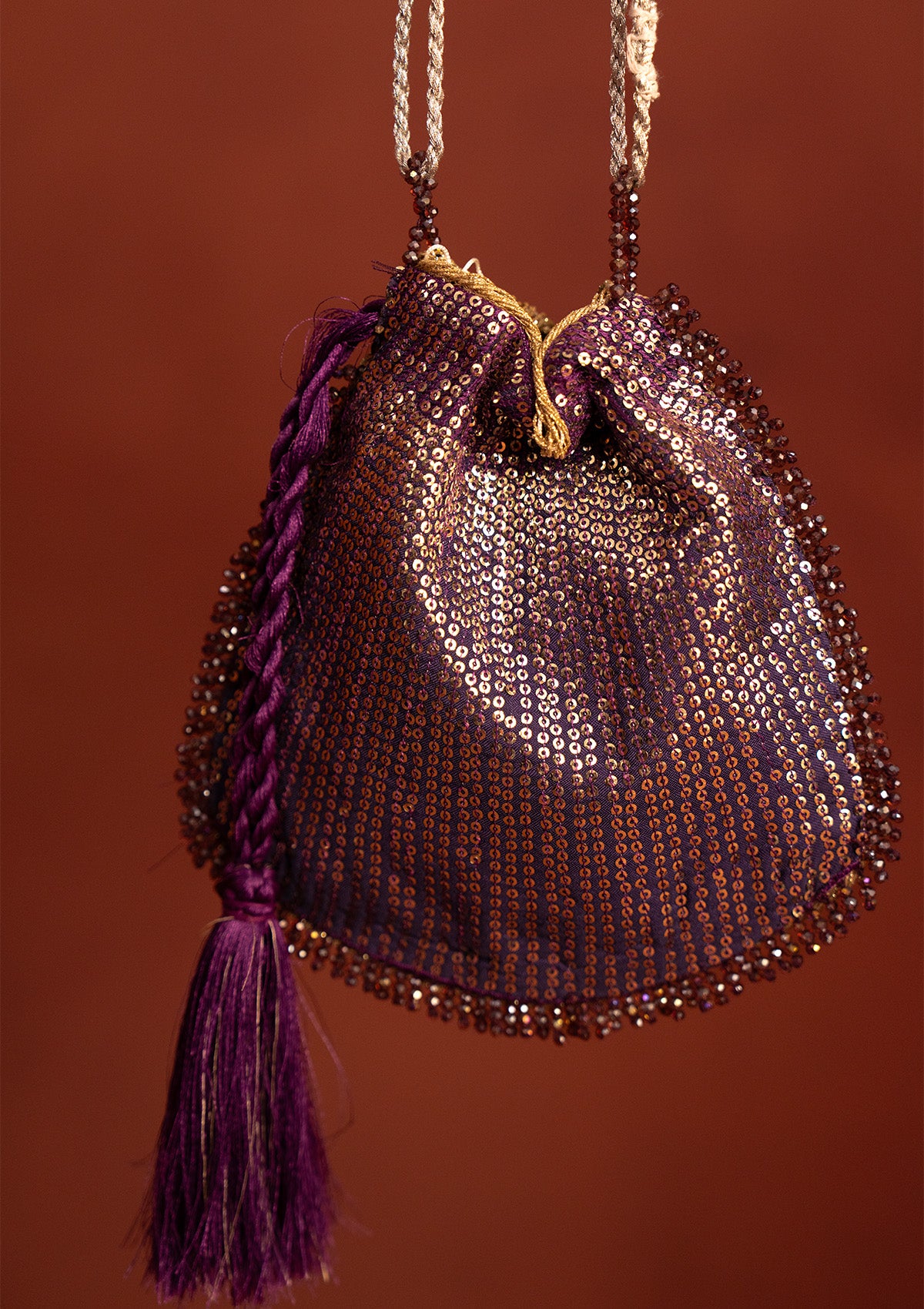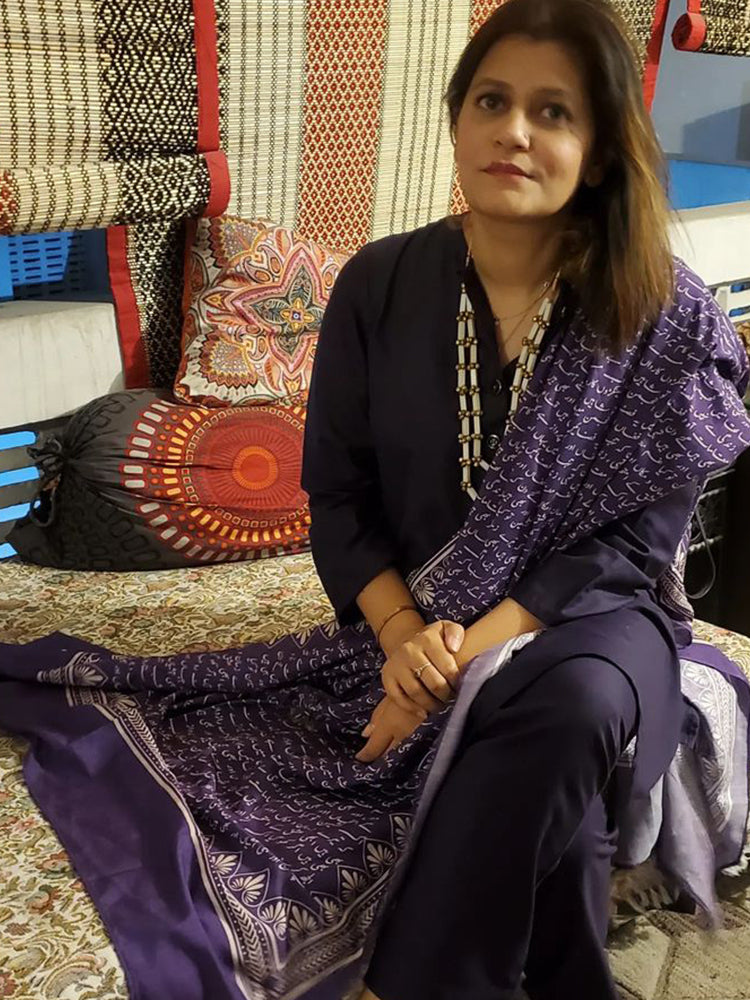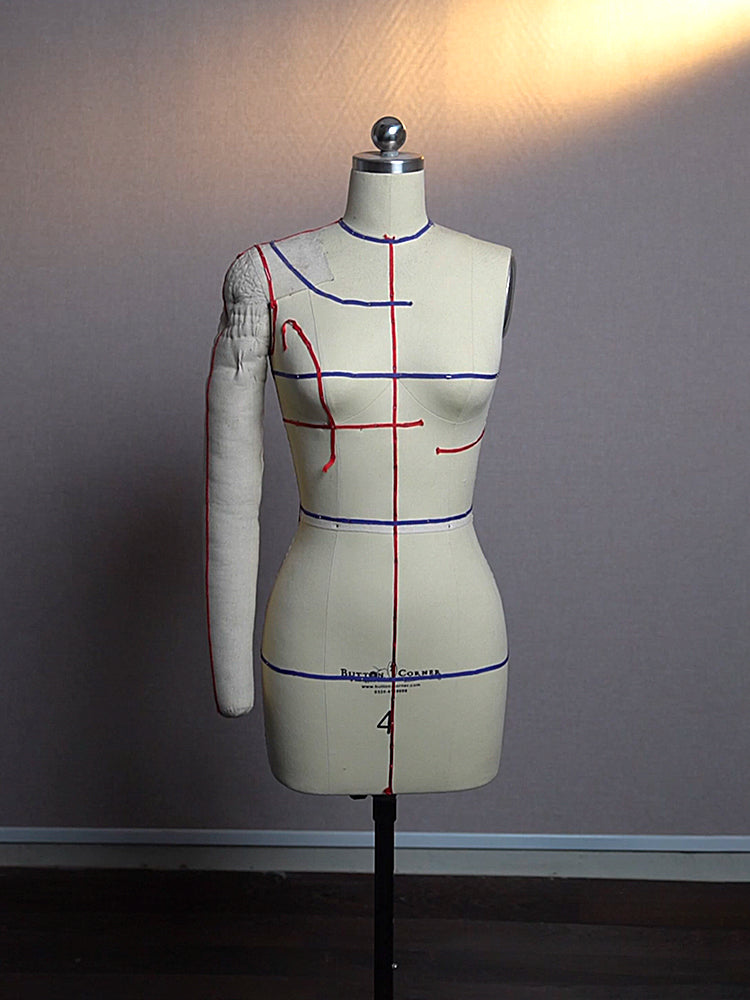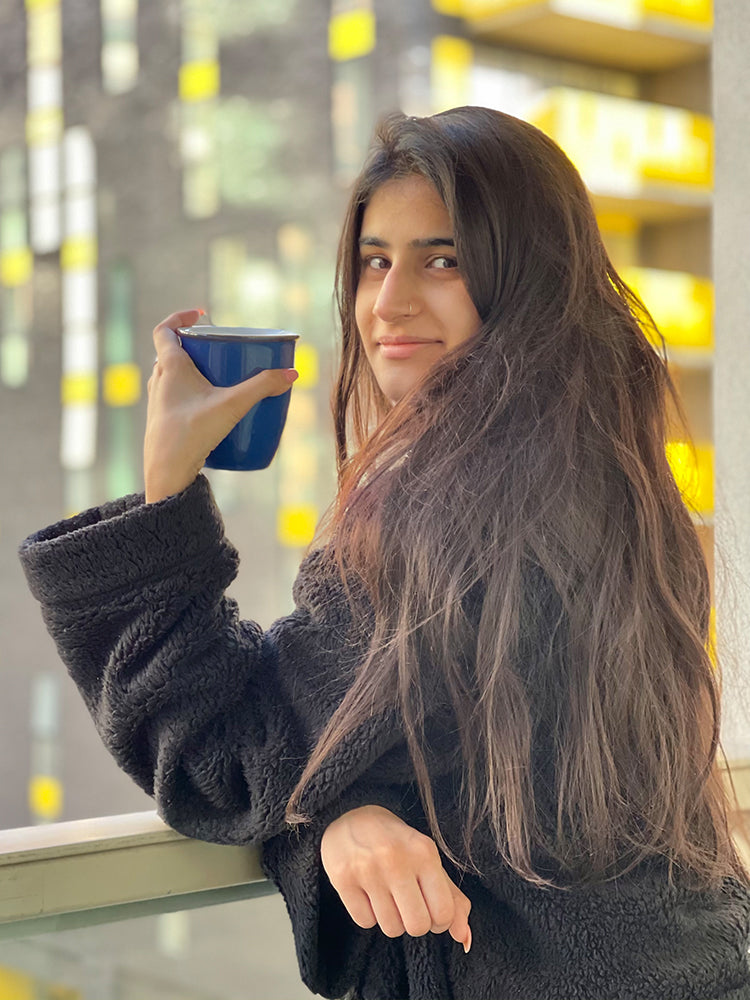
Voices of Strength: Breast Cancer Survivors and Warriors Share Their Journey
October is Breast Cancer Awareness Month, a time dedicated to raising awareness about breast cancer, its prevention, early detection, and treatment. In an effort to shed light on the experiences of those who have battled this disease or continue to do so, the House embarked on a mission to interview breast cancer survivors and warriors. Through their inspiring stories, we hope to honor their resilience, acknowledge their struggles, and inspire hope in those who are currently facing this challenge. In this article, we will introduce you to these incredible individuals, learn about their journeys and talk about how they pushed through.
Nikhar Azmat

Nikhar first got diagnosed at the age of 24 while she was in the UK for her masters. During COVID, as she sat in her dorm room, she brushed her arm against her breast and felt something. Upon looking in the mirror, everything seemed fine but when she touched to check, she felt a lump in her left breast.
“It wasn't visible and there was no pain. There was nothing that I could feel. But I knew that this is something that I needed to get checked,” Nikhar recalls. She went to the doctor who suggested that it might be a lump of fat but he also asked for a biopsy to be sure. The results came in and it was revealed that Nikhar had early stage cancer. Her tumor was a combination of stage 2 cells and early stage cells and it had spread all over her left breast. The doctor advised for a mastectomy and she got her left breast removed.

During her initial diagnosis, Nikhar didn’t tell her parents till the surgery date was confirmed. Her family flew in from Pakistan, the surgery was done and the tumor was sent to the lab. Since the entire tumor was removed, chemotherapy was not needed. She went through a month of radiation followed by ten years of hormone therapy.
“The side effects of hormone therapy are not fun. They were menopausal side effects and it was hard to cope up with them so I tried to resume my normal life. I completed my studies and eventually I started working as well.”

Nikhar was in remission, having annual checkups that went well up until 2023, when the doctors discovered a shadow in her lungs and it was revealed that her breast cancer had resurfaced and spread into her lungs. The biopsy confirmed it was secondary breast cancer, a type of cancer that cannot be cured, only managed which means she has to live with active cancer in her body for the rest of her life.
“I am on oral chemo and it affects widely from person to person on how the body will take it. Doctors will monitor my body's response with lung scans every 3 months to see if the tumor is stable or not. The goal is to keep the tumor as it is because it has spread everywhere in my lungs. Doctors want to give me the best possible quality of life for as long as possible.”

Accepting her diagnosis and coming to terms with it was initially difficult for Nikhar. She was as scared as one can get when they hear the word cancer. She had no cancer history in her family, neither did she have the cancer gene so getting diagnosed with it was no less than a shock to her. While she was the person who would go to Breast Cancer Awareness seminars and even Shaukat Khanum to volunteer to spend time with cancer patients, it never occurred to her that cancer was something that could happen to her.
“There are difficult times. There are sleepless nights. Emotionally, it drains you. It's more than the physical pain and everything else. Cancer takes a toll on your mental health. But I've gotten support through psychologists and support groups.”
Despite having a reconstruction surgery three times, Nikhar doesn’t feel the same. “After my surgery when I had my first shower, the left side of my body was completely numb. It's always going to be numb because there are no nerves there. I have no feeling there. It's very hard.”

Nikhar’s family has been her biggest strength during these testing times. They have been behind her through it all. When she was initially diagnosed, her brother stayed with her for six to seven months. Her parents lived with her in the UK for a couple of months through the initial surgery and recovery part. Her friends in London and people she lived with in her student accommodation kept her going.
“They made sure I was laughing. They made sure I don't give up even because I did not tell my family initially. I took a few weeks to decide how I'm going to tell them. So my friends, I made, I thank God that I have such amazing people around me that became my strength.”
Nikhar recalls the instance when she was going through radiation in 2020. She had her radiotherapy for a month and since it was COVID, no one was allowed inside the hospital with her. Her brother would be waiting outside and each day a different friend would be standing with him as a surprise with flowers and chocolates.
“Every day I had someone, I had something, to look forward to after the radiotherapy. When I went out, there was someone there and we took pictures and we chilled. That moment was when I realized that my support group is very strong and I have a lot of people around me who love me, who are praying for me.”

Her diagnosis made Nikhar look at the world in a different way. Corporate world and law firms had always attracted Nikhar. She was always focused on her career and making money but when her cancer journey started, her outlook on life took a complete turn. Her relationships have become stronger as she has started valuing them more. She has gotten closer to her family and friends. While Nikhar previously worked for a breast cancer charity, she now works for the NHS, National Health System in the UK. She attributes her optimism to the support she got throughout and the faith she has in Allah.
“I wanted to work for charities. I work for a charity right now as well, although I'm on sick leave. People ask me, do you get paid? Yes, I work for a charity. I'm not volunteering. A charity has all kinds of departments. That's how they work. So I work for a charity and I'm happy. At the end of the day, I'm getting paid, I'm working and I feel like I'm doing something good as well.”

Nikhar wants to become a voice for women in Pakistan and give back as much as she can. She has never been much of a social media person before but now she wants to raise awareness and talk about breast cancer. This is the reason she has started to share her journey on YouTube and Instagram.
“Early detection can save your life. Breast cancer is one of the most survivable cancers if it's diagnosed early. So that's the reason it's very important to be aware, to self -examine, to look for abnormalities. If you self -examine yourself regularly, you will know the normal of your body and as soon as there is anything out of the ordinary, you will know and that's when you know that you have to go to the doctor.”
Before wrapping up the interview, we asked Nikhar if there is any advice that she would give to others who are currently facing a breast cancer diagnosis or are in the midst of their treatment.
“It's very important to be aware, to self -examine, to look for abnormalities. If you self -examine yourself regularly, you will know the normal of your body and as soon as there is anything out of the ordinary, you will know and that's when you know that you have to go to the doctor. Breast cancer does not discriminate, it can happen to anyone, any gender, any age. Every human being has breast tissue and it goes up to your collarbone under your armpits. You can self -examine whenever, wherever while changing in the shower. It's just a two -minute thing. It's not asking for a lot but I want to request everyone to talk about these things when there is something going on. Go to the doctor, tell your moms, tell your family. Do not shy away from it because being aware of something like this is very important and it can save your life.”
